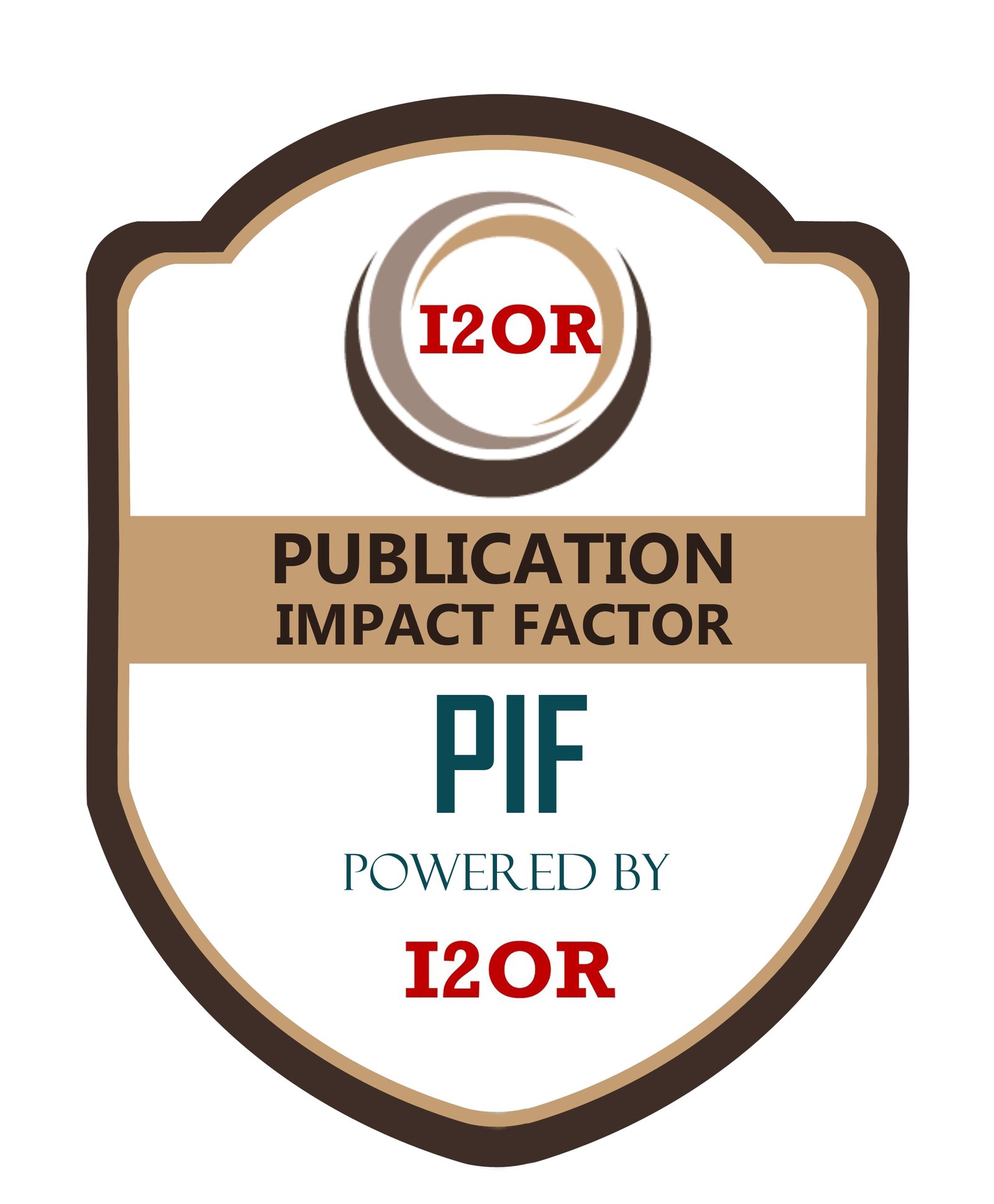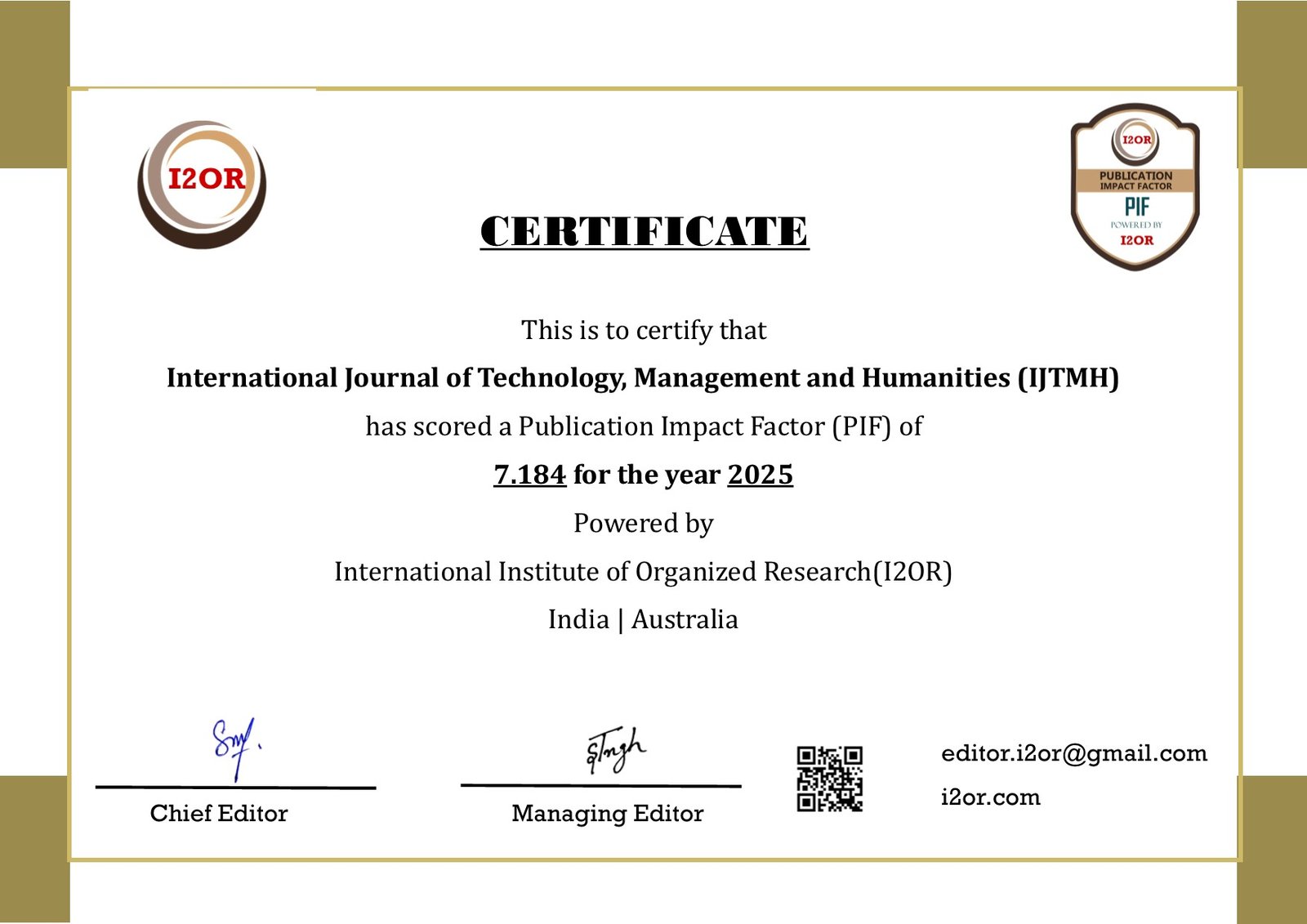The Role of Confirmation Bias in Sell-Side Analyst Ratings
DOI:
https://doi.org/10.21590/ijtmh.2022080302Keywords:
Confirmation bias, sell-side analysts, behavioral finance, analyst ratings, investment decision-making, market efficiency.Abstract
Sell-side analyst ratings play a pivotal role in guiding investment decisions, influencing market sentiment, and shaping capital allocation. However, cognitive biases, particularly confirmation bias, may compromise the objectivity of these evaluations. Confirmation bias occurs when analysts selectively focus on information that aligns with their pre-existing beliefs, potentially leading to skewed recommendations and market inefficiencies. This study investigates the presence and impact of confirmation bias in sell-side analyst ratings by analyzing a sample of analyst reports across multiple sectors. Utilizing a mixed-method approach that combines quantitative regression analysis with qualitative content evaluation, the research examines patterns of rating revisions, the alignment of reports with prior expectations, and the correlation with subsequent stock performance. Findings suggest that confirmation bias significantly affects analyst judgments, manifesting in a tendency to overweight supporting evidence while discounting contradictory information. The study also identifies factors that exacerbate or mitigate this bias, including analyst experience, firm culture, and market volatility. By highlighting the behavioral dimensions of financial analysis, the research underscores the importance of critical evaluation, transparency, and regulatory oversight in maintaining market efficiency. The results contribute to the literature on behavioral finance and provide actionable insights for investors, analysts, and policymakers seeking to enhance decision-making quality.







